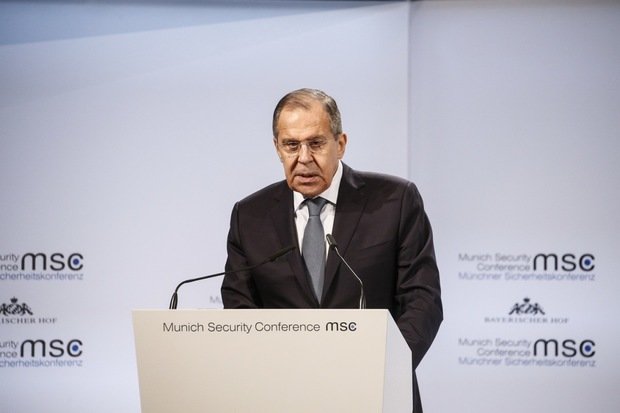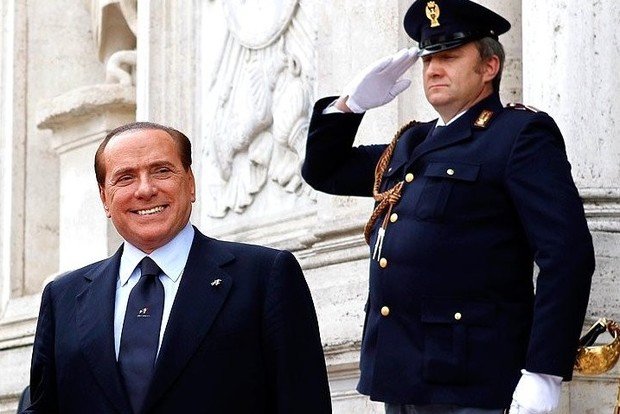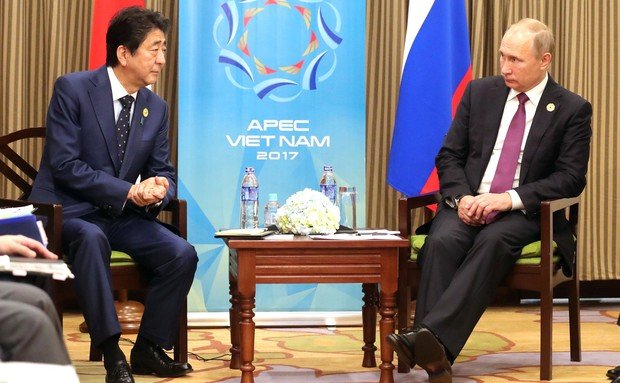International panorama: back room of Munich, Berlusconi’s party and term for PM of Japan
Former Soviet diplomat Yulduz Khaliullin about the absence of stability in the world. Series 14
Soviet and Russian diplomat Yulduz Khaliullin dedicated his next column in Realnoe Vremya to the events taking place in Europe, Africa, America and Asia. Our columnist is talking about the Munich conference, the third term for Prime Minister of Japan Shinzō Abe and resignation of Jacob Zuma from the office of president of South Africa.
On the Munich sidelines
The media have recently paid attention to the Munich Security Conference, which took place from 16 to 18 February in the capital of Bavaria. Political activists like leaders of states, ministers of foreign affairs and defence ministers usually take part in this forum.
Moreover, the conference has been recording its history since the 1960s when representatives of NATO members gathered to maintain links of Washington with Western Europe. Delegates from other countries, including Russia, started to participate in it after the Cold War ended. President of the Russian Federation Vladimir Putin presented a big report at this conference several years ago. His speech was actively commented. What's more, the speech was given as early as 2007, but many people still allege to it.

''Mr Lavrov knows how to clearly and intelligibly deliver his points. I think his urge to have a dialogue without ultimatums, which he emphasises at the meeting with EU and US representatives, will be heard.'' Photo: mid.ru
Approximately 500 people are participating in this session – they're politics, representatives of international social organisations. Foreign and defence ministers represent the majority of the countries. And head of the Russian Ministry of Foreign Affairs Sergey Lavrov is representing our country, which was announced several days beforehand. Mr Lavrov knows how to clearly and intelligibly deliver his points. I think his urge to have a dialogue without ultimatums, which he emphasises at the meeting with EU and US representatives, will be heard. Only this can help fruitful cooperation between the countries, which we, unfortunately, haven't seen in the last years.
As it was expected, UN Secretary General António Guterres, Prime Minister of Great Britain Theresa May, OSCE Secretary General Thomas Greminger, Chairman of the current UN General Assembly Miroslav Lajčák and tens of foreign ministers of different countries – from Japan to Egypt – were present at this forum. I suppose Lavrov met many of them in the back room of the conference in Germany.
The aggressive ''group of minority'' is speaking about the conflict in Ukraine, as usual, to put pressure on Russia. In his 100-page report, Chairman of the current conference Wolfgang Ischinger focuses on conservation of the tension in relations of Russia with NATO. He expresses concern about the situation around the Intermediate-Range Nuclear Forces Treaty. The Strategic Offensive Reductions Treaty between Russia and the USA expires in three years.

Former Prime Minister of the country Silvio Berlusconi is going to revive his party before the upcoming parliamentary elections. Photo: kremlin.ru
Unstable world
Interesting news comes from another European country – Italy. Former Prime Minister of the country Silvio Berlusconi is going to revive his party before the upcoming parliamentary elections. The voting in Italy will be this autumn. But very Berlusconi won't be able to become the prime minister in the short run because his conviction for business affairs hasn't been cancelled yet.
Ruling African National Congress of the South African Republic forced President Jacob Zuma to resign. The party's officials claim he lost his political weight due to constant accusations of corruption. 75-year-old Zuma had to leave the post and hand over control to 65-year-old Vice President Cyril Ramaphosa. SAR is one of the most developed countries in Africa, a BRICS member. Our mass media also follow this country and processes that take place there.
I also paid attention that the USA is trying not to allow President of Venezuela Nicolas Maduro to go to the American summit, which will include 36 countries in Peru in April. This political pressure on Venezuela has being put in the last 3-4 years.
Third term for Abe
Prime Minister of Japan Shinzō Abe is going to run for the third term that Liberal Democratic Party needs to approve – it's the main party in the country's parliament in the post-war years. Prime ministers were usually chosen for a term of 5 years. The leader's election will be in September. If the LDP wins, its leader automatically becomes the prime minister.
Shinzō Abe's last five-year ruling gave certain stability in the political situation in Japan. Prime ministers had been changing almost every year for 7 years before Abe's arrival. Japan has had certain economic degradation in the last 20 years (I will dare to use this word carefully): the country's economy developed very slowly. He managed to turn the situation to a positive direction.

''Our relations with Tokyo are still normal. Bilateral meetings continue.'' Photo: kremlin.ru
Abe is strictly against the DPRK and nuclear missile threat of North Korea. He also makes statements about territorial waters on the border with Russia: we're talking about four islands of the Kuril Ridge. He says these islands should return to Japan during the current population's life. Such talks have being held for 40-50 years, and I don't think there will be any move in this direction.
Shinzō Abe's authoritarian ruling is close to authoritarian methods of US President Donald Trump to a certain degree. This occurrence causes criticism in the mass media in Japan itself. However, our relations with Tokyo are still normal. Bilateral meetings continue. Japan is one of the biggest countries that are in the top 5 in economic weight.